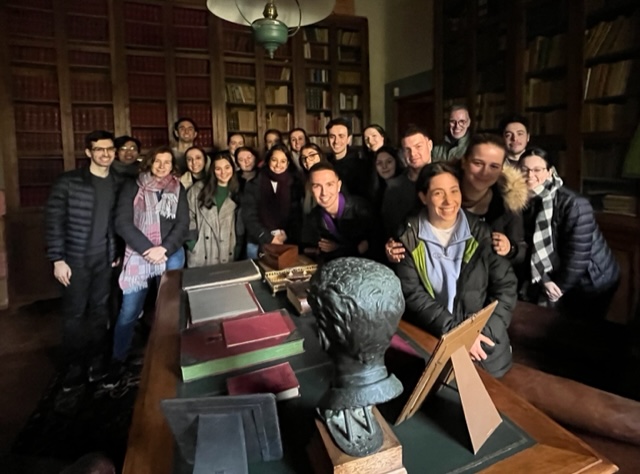Overview
On successful completion of this subject, students should:
- be able to interpret and analyse a variety of texts and genres, both written and spoken, of a moderate level of complexity;
- be able to interact through written and spoken language in a range of authentic contexts using appropriate language while in-country;
- have explored elements of contemporary Italian culture and Italian linguistics through direct contact while in-country;
- be able to apply research methods appropriately to task;
- be able to critically reflect on contemporary Italian language and culture based on direct experience while in-country;
- be able to actively compare and contrast linguistic and cultural similarities and differences between assumptions of Italian language and culture and real life exposure while in-country;
- be able to through a range of tasks and class experiences, apply a variety of learning techniques to further consolidate knowledge, understanding and ability in relation to Italian language and culture;
- be able to communicate effectively with a range of interlocuters while in-country.
Generic skills
At the completion of this subject, students should:
- have developed an ability to communicate knowledge intelligibly and economically both in writing and orally through assessment (including technology-mediated activities), tutorial and online discussion and class presentations;
- have developed confidence in self-expression through participation in the subject at different levels and assessable presentations;
- have developed a range of IT literacy skills through online activities;
- have developed a team spirit and collaborative approach to learning through group work;
- be able to demonstrate time management and planning skills through completion of assessment and other required in-class activities;
- have honed interactional and intercultural communication skills;
- have developed basic research skills and the use of a variety of reference materials;
- have developed global citizenship through in-country experience.



